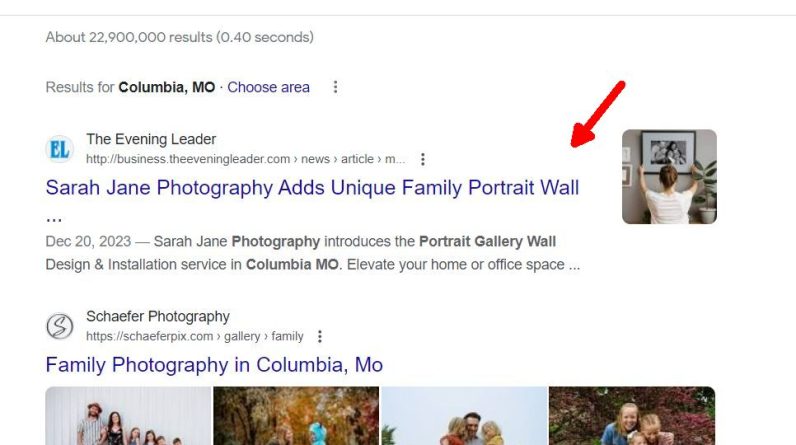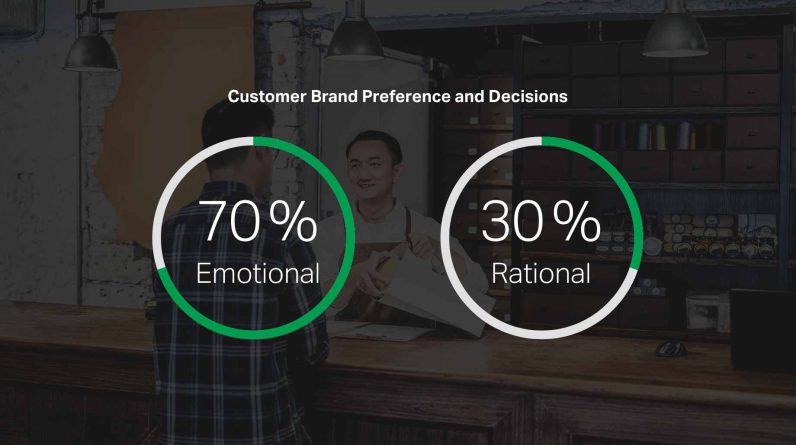Small businesses can leverage the power of case studies to demonstrate their products or services’ effectiveness in resolving real-life problems. A case study is a detailed examination of a particular scenario or event that highlights how a specific product or service resolved a challenge. These studies are written in a narrative format with a clear beginning, middle, and end. Case studies provide concrete evidence of a business’s ability to solve real-life problems, helping to build trust and credibility with potential customers.
Benefits of using case studies in marketing
Case studies can have a significant impact on small businesses’ marketing efforts. Here are some of the benefits:
- Builds trust and credibility: Concrete evidence of a business’s ability to solve real-life problems can help build trust and credibility with potential customers.
- Demonstrates expertise: By showcasing successful outcomes, case studies demonstrate the expertise of a business in a particular area, positioning them as an industry leader and expert.
- Provides social proof: Case studies offer social proof by demonstrating how a product or service has benefited other customers, a powerful motivator for potential customers considering the business.
- Increases conversions: Case studies can help convert potential customers into paying customers by demonstrating how the product or service has helped others.
Creating effective case studies
Creating effective case studies is a straightforward process that small businesses can follow. Better yet, let me do this for you!
- Identify the right customer: Choose a customer who has had a positive experience with the business and is willing to share their story.
- Gather information: Conduct interviews with the customer, review feedback and comments, and gather relevant information about their experience.
- Tell a compelling story: Craft a narrative that highlights the customer’s challenges and how the business helped solve them. Use quotes and anecdotes to bring the story to life.
- Highlight the results: Demonstrate the positive outcomes of the customer’s experience with the business. This can include metrics such as increased revenue, improved customer satisfaction, or reduced costs.
- Use visuals: Include relevant visuals such as images or graphs to help illustrate key points in the story.
- Keep it concise: Ensure that the case study is concise and easy to read. Aim for a length of 500-750 words and use subheadings or bullet points to break up the text.
Conclusion
Small businesses can leverage the power of case studies to showcase their products or services to potential customers. By providing concrete evidence of their ability to solve real-life problems, case studies can help build trust and credibility, demonstrate expertise, provide social proof, and increase conversions. By following a simple process to create effective case studies, small businesses can use real-life success stories to market their products or services successfully.







